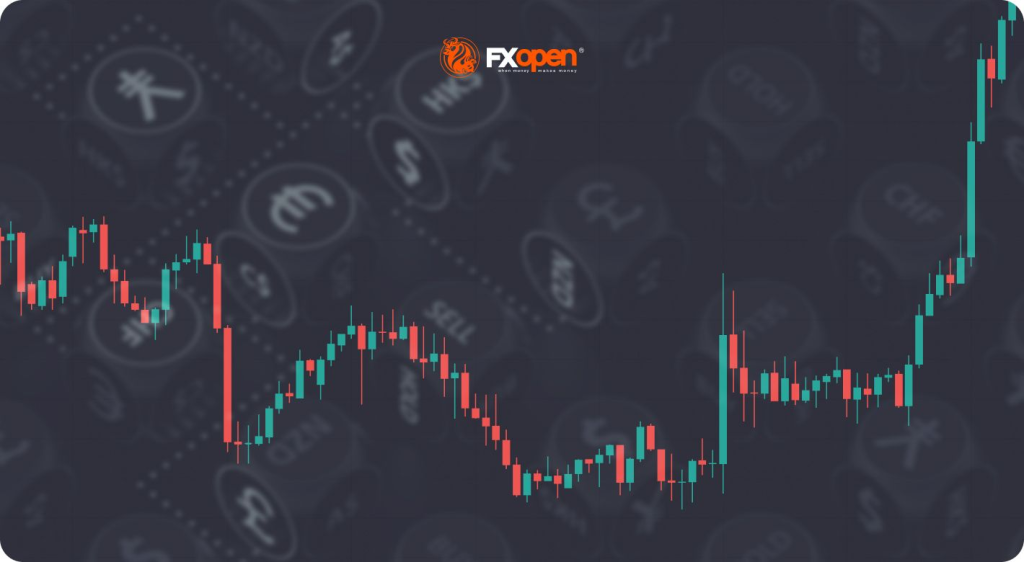Forex, short for foreign change, is the greatest financial market in the world, with a daily trading size exceeding $6 trillion. It’s wherever currencies are ordered and sold, rendering it an important part of international finance. Forex trading involves the change of one currency for still another, and their reputation stems from the chance to make money from the changing exchange rates.
The forex industry runs 24 hours per day, five times weekly, because of their decentralized nature. Important economic hubs world wide, such as for example London, New York, Tokyo, and Sydney, contribute to the constant trading activity. That convenience makes it convenient for traders from numerous time locations to participate.
Forex trading mostly occurs in currency pairs, such as for instance EUR/USD (Euro/US Dollar) or USD/JPY (US Dollar/Japanese Yen). The first currency in the pair is the bottom currency, and the second is the estimate currency. The change rate presents the quantity of the quote currency needed to buy one model of the base currency. Traders speculate on whether a currency may appreciate (go up) or depreciate (go down) in value relative to its counterpart.
To engage in forex trading, one requires a forex broker, a financial intermediary that delivers access to the forex market. Brokers present various trading systems, resources, and methods to simply help traders make knowledgeable decisions. Additionally, traders can choose between several types of records, such as for example standard, tiny, or micro accounts, depending on the risk patience and trading capital.
Complex and simple analysis are two essential methods utilized in forex trading. Complex analysis involves learning historical price charts, designs, and signals to estimate future value movements. In comparison, elementary evaluation focuses on financial and geopolitical factors that will influence currency values. Successful traders frequently combine equally approaches to create well-informed trading decisions.
Risk administration is an essential facet of forex trading. Traders use stop-loss purchases to limit potential failures and take-profit requests to secure profits. Power, a double-edged blade, may enhance both gets and failures, therefore it must be used wisely. Traders should never spend significantly more than they are able to lose.
Psychology represents an important position in forex trading. Feelings like anxiety and greed may lead to impulsive conclusions, forex robot losses. It’s crucial for traders to steadfastly keep up control and stick to a trading plan. Frequent learning, training, and changing to changing market situations are essential to long-term achievement in the forex market.

In summary, forex trading is a dynamic and accessible industry that offers ample possibilities for profit. Traders can engage in that international industry, capitalizing on currency price fluctuations. Nevertheless, it’s necessary to strategy forex trading with caution, emphasizing chance administration, knowledgeable decision-making, and constant learning to steer the complexities of the international trade market.
